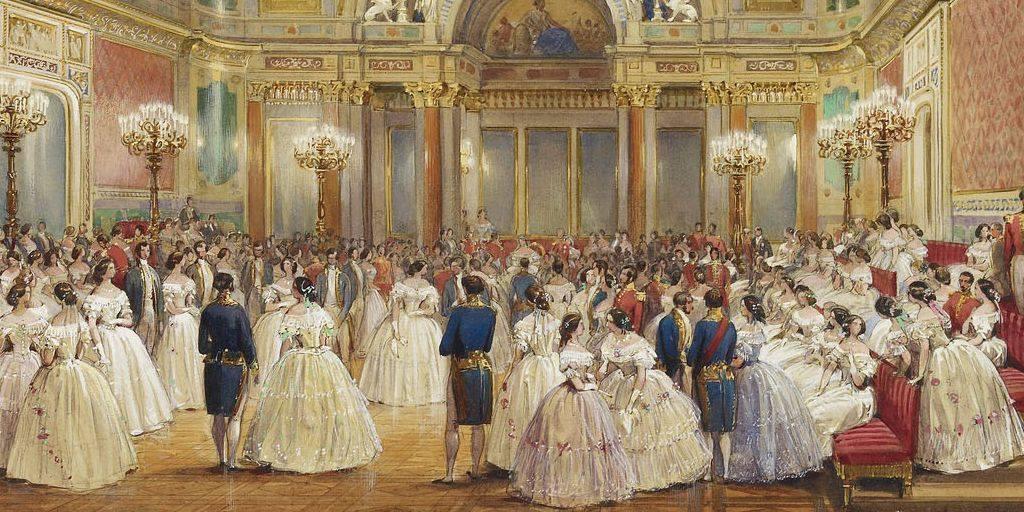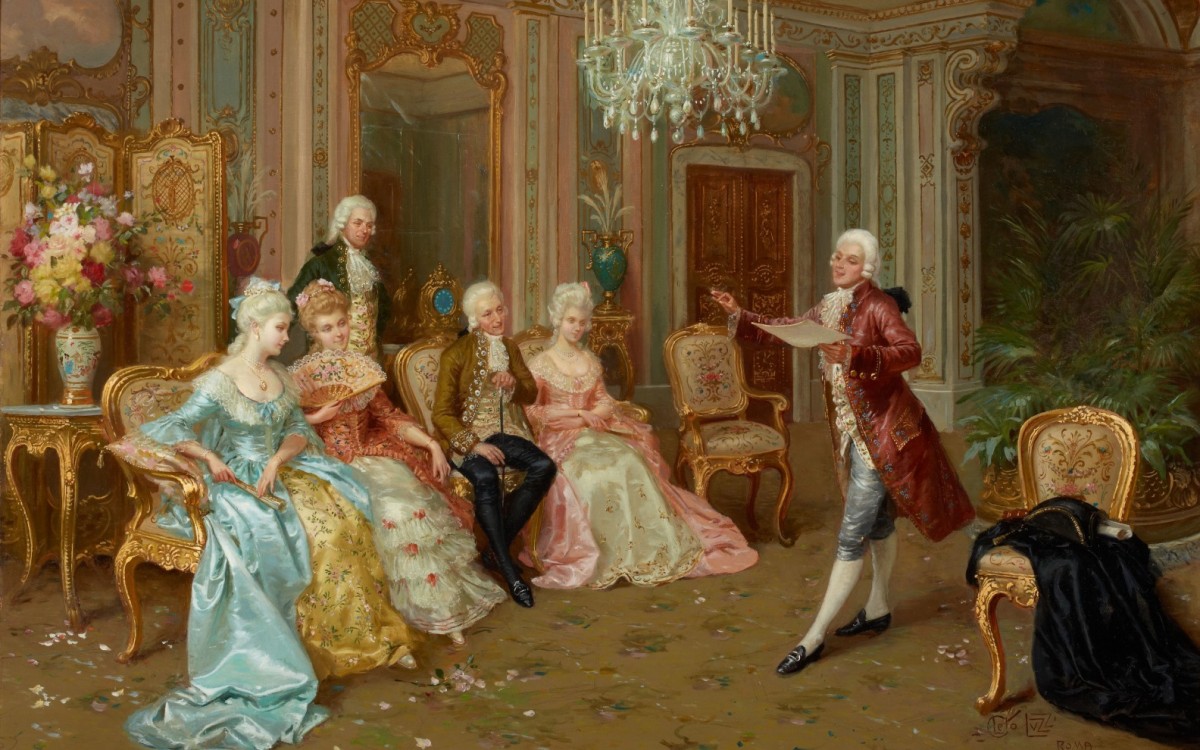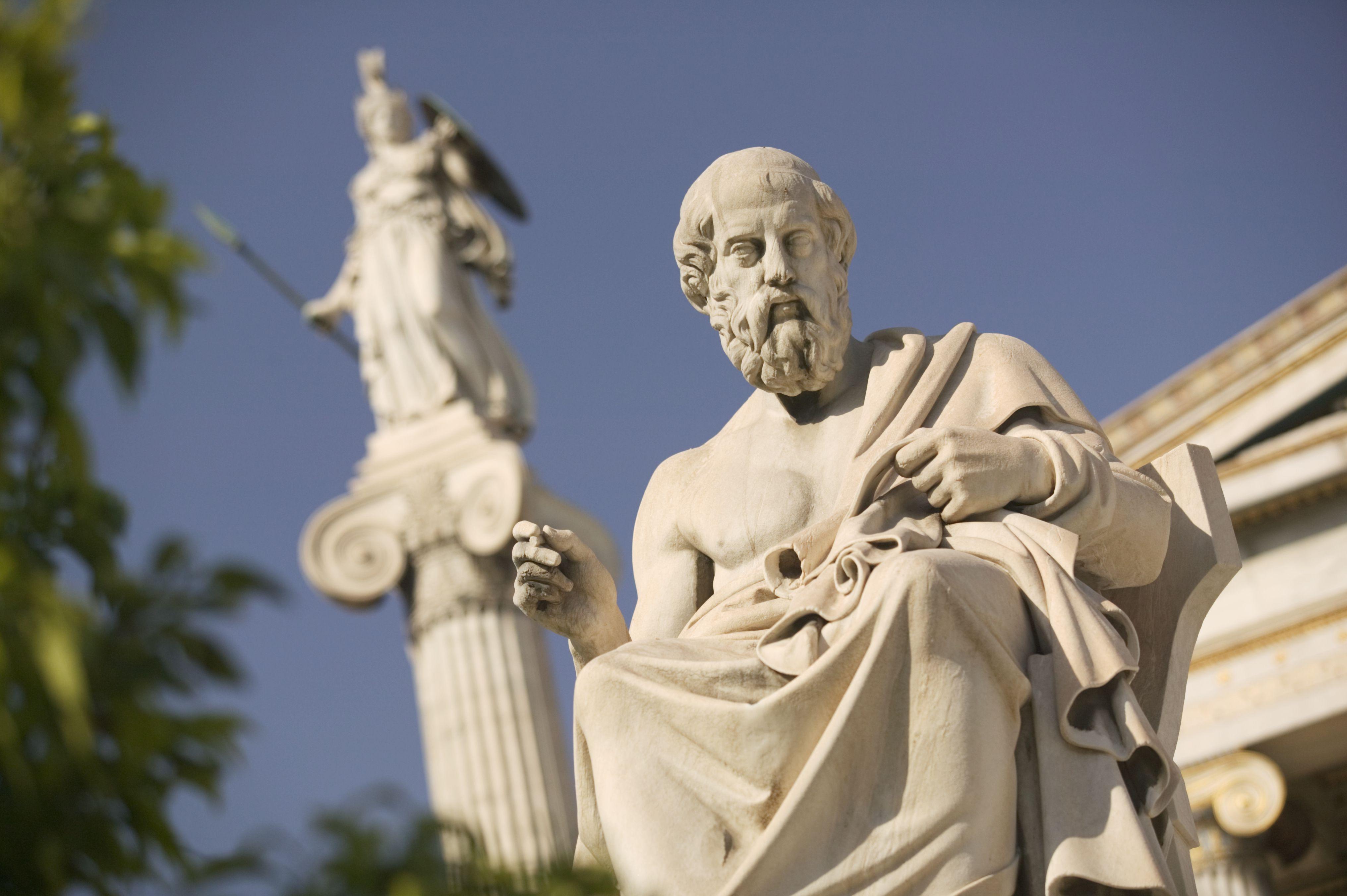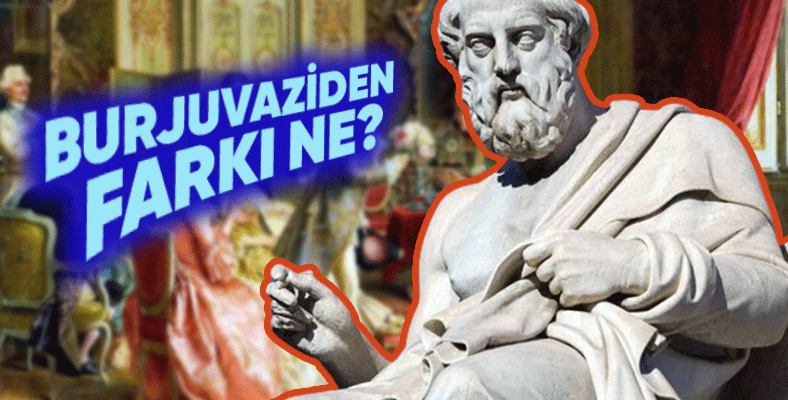Aristocracy is a concept that is still discussed and interpreted in different ways today. This concept is a phenomenon that goes deep into history and affects people’s management styles. The concept of aristocracy has been discussed and interpreted by many philosophers and thinkers. Especially Plato’s works attract much attention on this subject.
Ancient Greek philosopher Plato’s relationship with aristocracyIf we examine the issue, it is very important how the philosopher discusses the ideal social order in his book “State”. According to the philosopher, wise and virtuous people should take part in government. Aristocracy is an important concept to discuss the structure and management of society from different perspectives.
Aristocracy The term has been interpreted differently and applied in different ways compared to monarchy, democracy and other forms of government. Aristotle’s criticisms and Plato’s thoughts It has helped us understand the advantages and disadvantages of this form of management.
Starting from the beginning, what exactly is aristocracy?
Brief definition of aristocracy If we do, political power in the hands of a noble minority we can say. According to this concept, a certain group is different from the rest of society due to their hereditary characteristics. is morally and politically superior and has the right to govern society. To date, many approaches have emerged to the effect that people with political power should have different privileges than other people.
The basis of these approaches is that a group of people are excluded from society due to their hereditary characteristics. that you are wiser, smarter and more educated There is a belief. In these understandings, if the power is in the hands of a single person, we talk about monarchy, and if it is ruled by more than one person, that is, if it is ruled by an elite group with similar characteristics, we talk about aristocracy. “What does aristocracy mean?” Let’s examine this concept a little more deeply to better understand the question.
What is aristocratic management? Aristocracy is when authority is in the hands of a select, elite group.

This concept goes against democracy and advocates that power be determined by taking into account characteristics such as inheritance, wealth and wisdom.
The concept of aristocracy is formed by the combination of the words “aristos” and “kratia”. While the word Aristos is used in the meaning of the best, the most superior; The word kratia means management.
What are the characteristics of aristocracy?

- Elite class domination
- There are nobles, wise people and rich people in power. This group dominates the people and makes decisions on their behalf.
- Heritage and lineage are valued
- The family or group that wants to come to power must be noble. A person’s status comes from his family or lineage.
- Limited participation in the word
- In aristocratic government, an elite group decides instead of everyone else.
- Those in power must be wise and capable
- Aristocracy argues that the best of society is in power. Managers should be wise, talented and highly educated.
- Only one group’s interests are considered
- In the decision-making process in an aristocracy, the interests of a certain group are generally taken into account and decisions are made accordingly.
In societies that adopted the aristocratic form of government income inequality and social injustice visible. For this reason, the aristocracy has been subject to many criticisms.
So, to which civilizations does the concept of aristocracy belong?

The term aristocracy was first used in Ancient Greek poleis. This term was used especially in Athens and gave its first examples when the tribal chiefs of the Demes were called aristocrats. For a long time, tribal chiefs ruled the police together. With the emergence of ancient democracy in Athens, the importance and influence of aristocrats decreased. With the transformation of economic relations in Europe, titles were sold for moneyThe lands of the aristocrats also disappeared from their hands.
In the Antiquity and the Middle Ages, the influence of similar groups in political power was seen in the majority of communities. For this reason, it would not be wrong to say that the monarchy is based on aristocratic foundations. The concept of aristocracy has been seen historically in many different civilizations and societies. Alright Countries ruled by aristocracy today What are they? Today, aristocratic classes and noble families still exist in many countries. However, democracy, monarchy and other forms of government are widely used around the world.
RELATED NEWS
What is ‘Monarchy’, a form of government in which all power is concentrated in a single hand, and in which countries does it exist today?
What is Plato’s ideal management approach?

There are two basic assumptions in Plato’s understanding of the ideal state. First, the incurably ignorant majority cannot discipline themselves. Secondly, wise people, because they are wise, can provide external discipline instead of internal controls and restrictions, which are not present in the majority. In other words, the art of management is, first of all, knowing the abilities of the group to be managed and ensuring that they do things that suit their nature. After these, the group to be managed must be ensured to obey.
When Plato was investigating the virtue of something, he would first ask what that thing could do best.
There are three classes that make up the state, and the most effective way to find out how each of these classes will contribute to the state is to ask about their virtues.
- First group: The first group is the producer class. The function of this class is to provide the necessities such as food, clothing and shelter that are necessary for survival. The virtue that should be found in this class and other classes is moderation. Temperance, not to be wasteful When necessary, it means restricting what you have.
- Second group: The guards who defend the state against enemies constitute the second group. For this group bravery It is a virtue.
- Third group: The third group is the decision makers at the highest positions in the state. People in this group decide on issues such as war, peace, education policies, tax distribution. Therefore, people in this group wisdom It is an important virtue.
A state where rulers make wise decisions, which are carried out with loyalty and courage by other groups, and where the people value moderation in material constraints a strong state It will happen. We can call this state “just” because each class fulfills its duties. If there are talented and high-spirited people among the classes switch to admin group can. These people first undergo rigorous training.
Plato’s perspective on aristocracy, rule of the best

Plato as the best form of government He advocated monarchy, the rule of a single learned man, or aristocracy, the rule of the elite and the best. However, the aristocracy referred to here has a difference from the aristocracy we are used to. What Plato means here is not lineage and blood aristocracy, but talent is an aristocracy.
In the eighth book of the State Dialogue, Plato says:
“If the best state is the state we describe, all other forms of state are corrupt. …to dwell on four of these other shapes, to examine their defects. …to review the human being that corresponds to every shape”
Two terms that are often confused with each other: What are the main differences between bourgeoisie and aristocracy?

- While the bourgeoisie generally consists of middle or upper class people who earn as a result of economic activities; The aristocracy consists of people who have a special status in society and come from noble and noble families.
- The bourgeoisie class consists of people who earn through economic activities and have high capital, savings and business skills. Aristocrats are landowners or people whose wealth continues through inheritance.
- The bourgeois class pioneers business models in capitalist economies, while aristocrats tend to maintain traditional institutions or values.
Terms of bourgeoisie and aristocracy It is used to represent different features of the class systems of societies. Aristocracy, bourgeoisie and working class are the three basic classes of capitalism. In order to better distinguish the terms bourgeoisie and aristocracy, we can list their basic differences as above.
Aristocracy, which has played an important role in many societies historically, is generally considered a historical concept. In modern societies, democratic principles in which political power and privileges are distributed equally come to the fore. So, what do you think the modern world would be like if aristocracy was still widely preferred today?
RELATED NEWS
11 Countries Where The Royal System Still Continues, Even Though Some Have Become Just Symbolic
RELATED NEWS
Is it known who was the first ruler in the world?
RELATED NEWS
